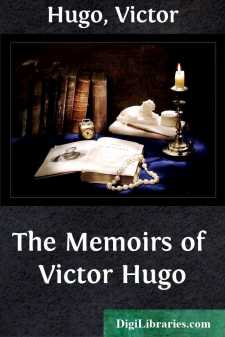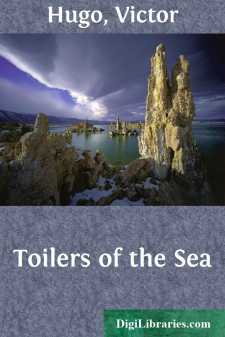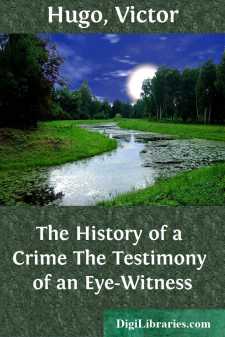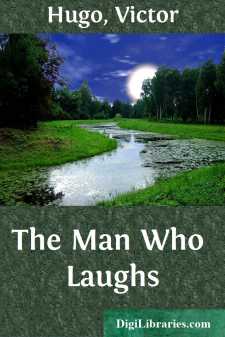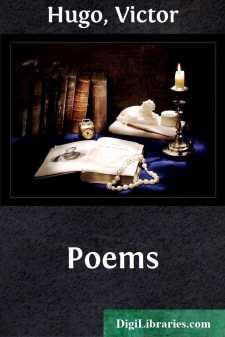Categories
- Antiques & Collectibles 13
- Architecture 36
- Art 48
- Bibles 22
- Biography & Autobiography 816
- Body, Mind & Spirit 145
- Business & Economics 28
- Children's Books 18
- Children's Fiction 14
- Computers 4
- Cooking 94
- Crafts & Hobbies 4
- Drama 346
- Education 58
- Family & Relationships 59
- Fiction 11831
- Foreign Language Study 3
- Games 19
- Gardening 17
- Health & Fitness 34
- History 1378
- House & Home 1
- Humor 147
- Juvenile Fiction 1873
- Juvenile Nonfiction 202
- Language Arts & Disciplines 89
- Law 16
- Literary Collections 686
- Literary Criticism 179
- Mathematics 13
- Medical 41
- Music 40
- Nature 179
- Non-Classifiable 1768
- Performing Arts 7
- Periodicals 1453
- Philosophy 66
- Photography 2
- Poetry 897
- Political Science 203
- Psychology 45
- Reference 154
- Religion 516
- Science 126
- Self-Help 86
- Social Science 82
- Sports & Recreation 34
- Study Aids 3
- Technology & Engineering 59
- Transportation 23
- Travel 463
- True Crime 29
Victor Hugo
Victor Hugo, born on February 26, 1802, in Besançon, France, was a renowned novelist, poet, and dramatist of the Romantic movement. He is best known for his monumental works "Les Misérables" and "The Hunchback of Notre-Dame," which explore themes of social justice, humanity, and redemption. Hugo's influence extended beyond literature into politics, where he advocated for social causes such as the abolition of the death penalty and the rights of the poor.
Author's Books:
Sort by:
by:
Victor Hugo
PREFACE. This volume of memoirs has a double character—historical and intimate. The life of a period, the XIX Century, is bound up in the life of a man, VICTOR HUGO. As we follow the events set forth we get the impression they made upon the mind of the extraordinary man who recounts them; and of all the personages he brings before us he himself is assuredly not the least interesting. In portraits...
more...
by:
Victor Hugo
December 20, 1848 On Thursday, December 20, 1848, the Constituent Assembly, being in session, surrounded at that moment by an imposing display of troops, heard the report of the Representative Waldeck-Rousseau, read on behalf of the committee which had been appointed to scrutinize the votes in the election of President of the Republic; a report in which general attention had marked this phrase, which...
more...
by:
Victor Hugo
INTRODUCTION Victor Hugo was thinking much of Æschylus and his Prometheus at the time he conceived the figure of Gilliatt, heroic warrer with the elements. But it is to a creature of the Gothic mind like Byron's Manfred, and not to any earlier, or classic, type of the eternal rebellion against fate or time or circumstance, that Hugo's readers will be tempted to turn for the fellow to his...
more...
by:
Victor Hugo
CHAPTER I. "SECURITY" On December 1, 1851, Charras[1] shrugged his shoulder and unloaded his pistols. In truth, the belief in the possibility of a coup d'etat had become humiliating. The supposition of such illegal violence on the part of M. Louis Bonaparte vanished upon serious consideration. The great question of the day was manifestly the Devincq election; it was clear that the...
more...
by:
Victor Hugo
PRELIMINARY CHAPTER. URSUS. Ursus and Homo were fast friends. Ursus was a man, Homo a wolf. Their dispositions tallied. It was the man who had christened the wolf: probably he had also chosen his own name. Having found Ursus fit for himself, he had found Homo fit for the beast. Man and wolf turned their partnership to account at fairs, at village fêtes, at the corners of streets where passers-by...
more...
by:
Victor Hugo
Towards the close of the First French Revolution, Joseph Leopold SigisbertHugo, son of a joiner at Nancy, and an officer risen from the ranks in theRepublican army, married Sophie Trébuchet, daughter of a Nantes fitter-outof privateers, a Vendean royalist and devotee. Victor Marie Hugo, their second son, was born on the 26th of February, 1802, at Besançon, France. Though a weakling, he was carried,...
more...


